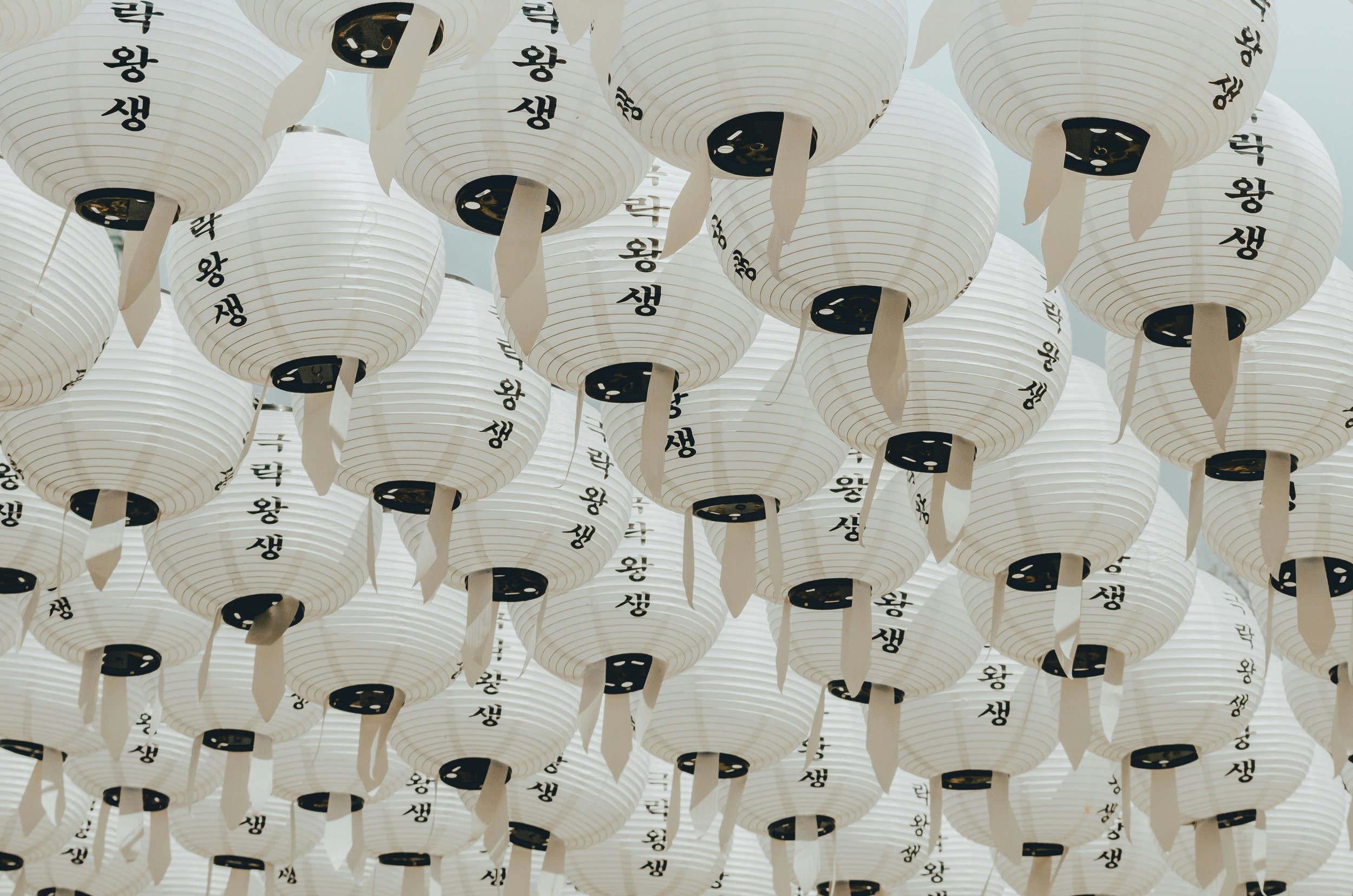Where You Are From, Really

Once upon a time there was a girl who was born in a country where she didn’t feel at home. She looked different than everyone else, she ate different foods. People asked her questions like “Where are you from?” When she answered “Houston,” they would ask, “No, where are you really from?”
Ten years old, and the girl traveled to the country of her parents’ birth—she didn’t feel at home there, either. She could understand some of what people were saying, but she could only speak in phrases, like a toddler. Her grandmother had taught her the language of her forebearers when she was little, but her parents spoke English to her at home, at the advice of the pediatrician who said, “She will fall behind in school if you don’t.”
The girl grew up, forgot her grandmother’s language, went to college, tried a couple of careers, and settled on journalism. She decided to investigate the mystery of the grandfather she never knew, the one who went to prison and died when her father was a baby. She started by asking her grandmother questions, questions her grandmother didn’t want to answer.
The girl decided to visit the country of her parents’ birth again, this time alone. She wanted to solve the mystery of who her grandfather had been by finding the police and interrogation records her grandmother burned during the Korean War. The records that branded him as a teenage Communist revolutionary who protested Japanese rule.
After years of classes, the girl could now read and speak a bit of her parents’ language. However, she realized that she needed to hire a translator and speak English to be taken seriously by the men who could help her find her grandfather’s records.
The girl eventually found her grandfather’s records, even though they were not where they were supposed to be. She brought them back to her father in the United States. They were the best present she could ever give him—except for grandchildren. She began to write a book about her search for lost history but put it down when life intervened. She picked it up again but was unable to finish it before her parents died.
Twenty years later, the girl, now a middle-aged woman, returned to the country of her parents’ birth. She visited with her husband and two children to scatter the ashes of her parents in their homeland. Her parents had never returned to live there, because that country was so different from the one they had left over fifty years before.
The woman still didn’t feel at home in either of the two countries, but she did feel at home with her family. Unlike her, her children would grow up knowing about the past and who their ancestors were. What the woman really wanted was for her children to feel at home with themselves, wherever they choose to live.
Copyright © 2024 Margaret Juhae Lee, from Starry Field: A Memoir of Lost History (Melville House, 2024). Excerpt published by permission.
Image by Valery Rabchenyuk.
Margaret Juhae Lee is the author of Starry Field: A Memoir of Lost History. She received a Bunting Fellowship from Harvard University and a Korean Studies Fellowship from the Korean Foundation in support of research for her book. Previously, she was an editor for the Books and the Arts section at The Nation magazine. Her articles, interviews and book reviews have been published in The Nation, Newsday, Elle, ARTnews, The Advocate, The Progressive and most recently in The Rumpus and Ploughshares Blog . She was a contributing writer at Oakland Magazine, where she covered the local maker community. Her article, “Seoul’s Celluloid Soul,” originally published in The Nation, was anthologized in Readings in Mass Communication: Media Literacy and Culture. Find more at https://www.margaretjuhaelee.com/





